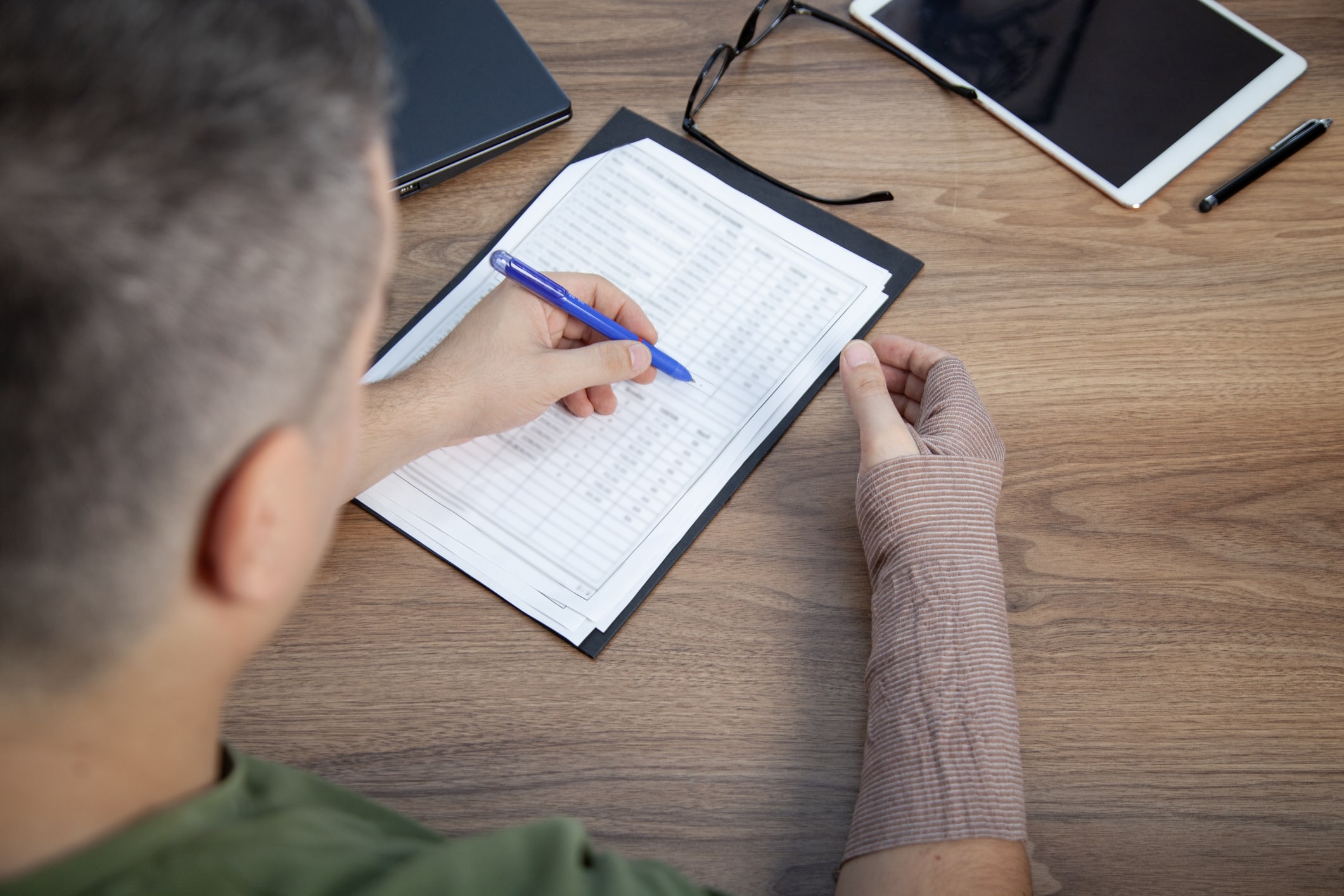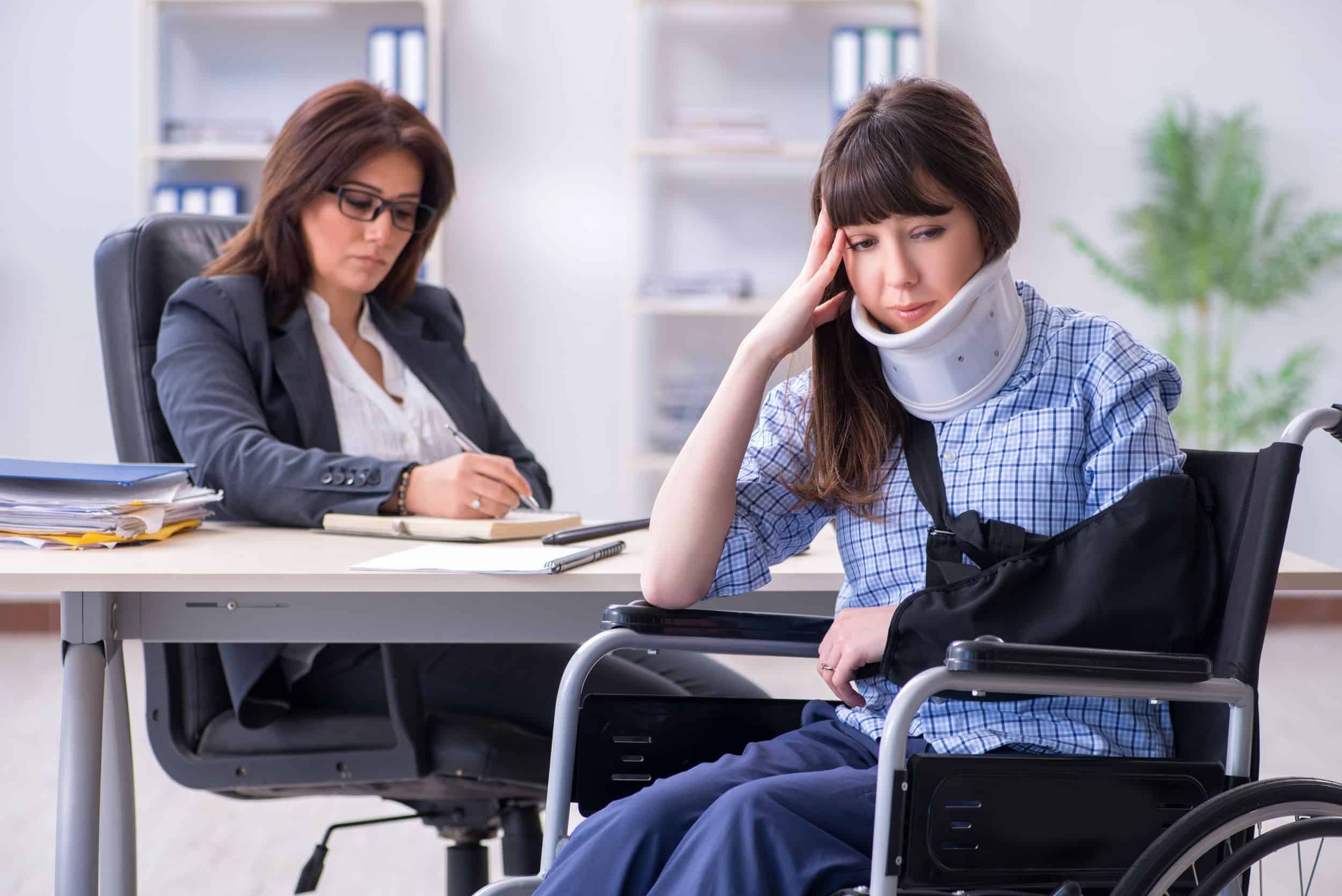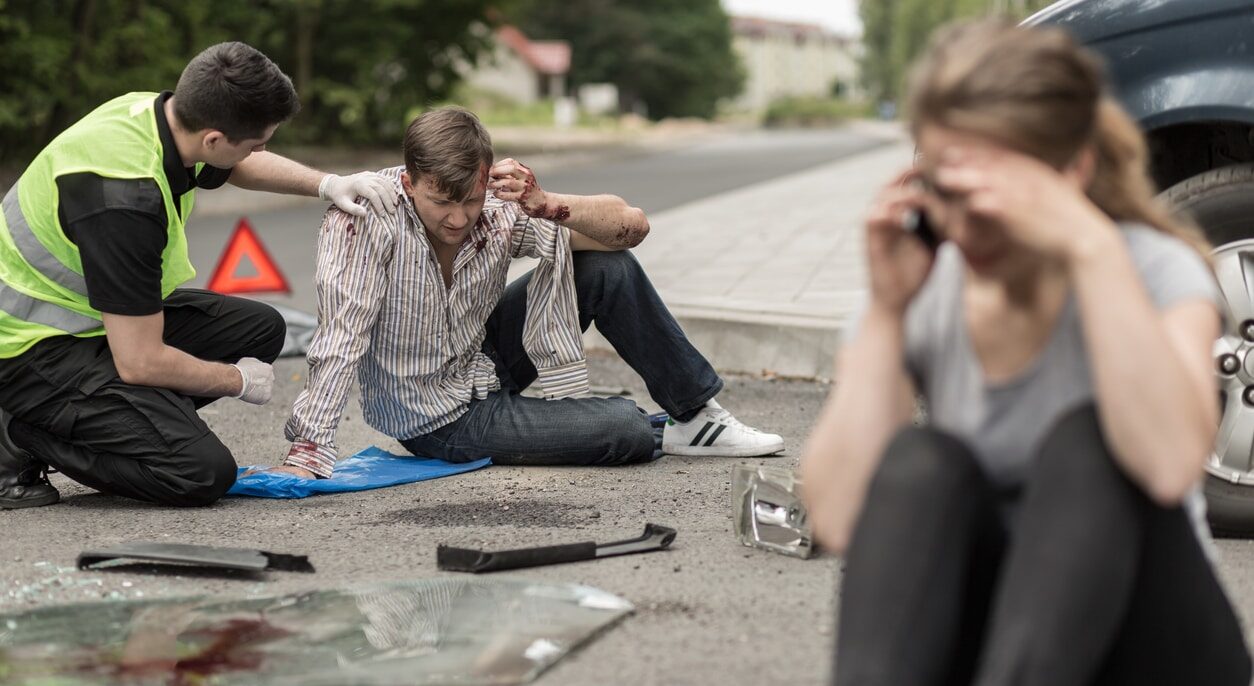What is a Slip and Fall Accident?
A slip and fall accident falls under the legal umbrella of premises liability because the owner of the property owes you a duty of a reasonable expectation of care. These accidents occur when a person falls, slips, or trips on someone else’s property and may be caused by a wide range of hazards, such as:
- Slippery or wet floors
- Uneven surfaces
- Poor lighting
- Obstacles in walkways
- Lack of handrails
- Weather-related hazards
- Poorly maintained stairs
- Unsecured mats or rugs
What Factors may Impact Slip and Fall Compensation?
No two slip-and-fall cases are the same. The outcome of your case will depend on a variety of factors unique to your circumstances. The following factors may affect your compensation:
- Fault for the accident: Due to Philadelphia negligence laws, the amount of fault you and the owner both have in an accident will directly affect compensation. We will discuss this in greater detail below.
- Severity of injuries: Typically, the more serious the injury suffered is a big indicator of how much the damages will be.
- Ability to work: When a slip and fall injury affects your ability to wreck, whether partial or total limitations, the owner must compensate for that.
- Insurance coverage: The negligent party is usually responsible for using insurance to cover the accident.
- Employment benefits: Health insurance from an employer may assist in covering your medical debt, while accidents occurring on the job may be covered under a workers’ compensation claim.
Who is Responsible for a Slip and Fall Accident?
Fault is determined based on the legal theory of negligence and is established by proving the following elements:
- Duty: The property owner owed you a reasonable expectation of safety.
- Breach: The property owner failed to uphold their duty by not maintaining a safe property or warning you of potential danger.
- Causation: The owner’s breach of duty caused the accident, which would not have occurred without the owner’s breach.
- Damages: Damages represent the monetary loss you have suffered as a result of the accident.
The State of Pennsylvania also enforces the concept of comparative negligence, which means both the owner, and you, may share fault in the accident while you still recover damages. Under comparative negligence laws, the percentage of fault you are found to have is reduced from your final compensation.
For example, if you are set to receive $50,000 in damages and are found to be 10% at fault for the accident, then you will receive $45,000.
You may be found partially at fault for the following reasons:
- You were in a restricted area of the property.
- You were not paying attention to where you stepped.
- You were distracted by a phone, child, or other.
- You were wearing inappropriate footwear.
- You were warned of the hazard.
- The hazard was open and obvious.
Additionally, comparative negligence limits compensation recovery to individuals who are found to be 50% or less at fault. An injured party who is 51% at fault will be barred from recovery.
However, the duty of care owed to a visitor depends on the visitor status of the injured party.
How Does Visitor Status Affect Negligence?
The duty or level of care a property owner is responsible for is dependent on the type of visitor you are. There are three specific types of visitors, and the duty required for the visitors is different for each type.
- Invitees are owed the greatest duty of care. An invitee is a person entering the property with the owner’s permission, and the owner usually derives financial or other valuable benefit from the visit. Examples of invitees are retail customers, patients at a hospital, or guests at a club.
When a property owner notices a dangerous hazard or condition that the invitee is unaware of, the owner must address or announce the hazard for the invitee’s safety.
- Licensees are visitors who come to the owner’s property for a purpose that typically benefits the visitor. Examples of licensees are social guests, maintenance specialists, or delivery drivers.
A property owner’s duty of care towards a licensee requires that they avoid intentional injury to the guest and that the owner must announce or address hazards that may injure the visitor.
- Trespassers are individuals who are on a property without permission from the owner or a person whose consent to be on the premises was revoked or has expired.
Property owners owe trespassers the least duty of care and are simply required to avoid willfully or wantonly putting the trespasser at risk of harm.
However, there is an exception to this duty, and that is when an “attractive nuisance” is involved. An attractive nuisance refers to features on a property that may draw attention from children. An example would be a swimming pool. The owner must secure the pool so that the children cannot unknowingly injure themselves.
What Damages May be Recovered in a Slip and Fall Case?
As stated, each case depends on a variety of circumstances. Damages may be economic or non-economic.
Economic damages refer to monetary losses and include:
- Medical expenses to date
- Future medical expenses such as surgery or rehabilitation
- Loss of income
- Loss of ability to work
Non-economic damages represent compensation for non-monetary losses, such as:
- Pain and suffering
- Emotional distress
- Loss of companionship
Do You Need an Attorney?
If you were the victim of a slip-and-fall accident and would like to speak with an experienced attorney to fight for your injuries, call Lassiter & Associates today at 267-682-8918 or fill out a contact card to schedule your free consultation.




